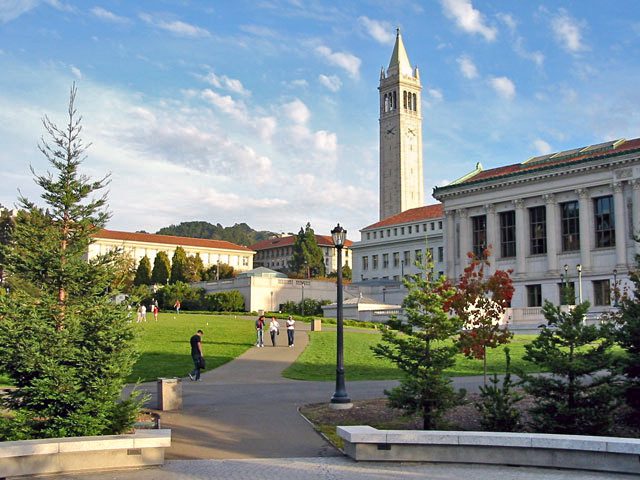
“Repudiation of scientism is the only way the we can break free from some of the more debilitating habits of thought that have dominated modern intellectual life. But this repudiation is unsustainable, even by the most heroic effort, without a distinction between science and scientism. If denying scientism’s sway requires us to deny the truthfulness, value, or reality of scientific knowledge — as seems to be implied by some of today’s critiques — then in my opinion the move will fail. And it should fail, because in fact science does give real, reliable, knowledge. It is just that science and scientism are not the same thing. Science is not all the knowledge there is.”
(Ian Hutchinson, Monopolizing Knowledge [Belmont, MA: Fias Publishing, 2011], 4)
Dr. Ian H. Hutchinson is Professor of Nuclear Science and Engineering at the Massachusetts Institute of Technology (MIT), with a primary research interest in plasma physics.
***
Recently, certain rather controversial fossil discoveries have led some to argue that the common view that humans evolved in Africa should be abandoned.
In an interesting article, Julien Benoit defends the standard model against such criticisms but — and this is enormously important — insists that they are important, nonetheless:
“This is the nature of science: a paradigm that cannot be questioned on a regular basis becomes a dogma.”
***
The best-known book of the Austrian-born philosopher of science Paul Feyerabend, who died in 1994 after a career spent mostly at the University of California at Berkeley, is his 1975 volume Against Method: Outline of an Anarchistic Theory of Knowledge. Here are some provocative quotations from that book:
“Everywhere science is enriched by unscientific methods and unscientific results, . . . the separation of science and non-science is not only artificial but also detrimental to the advancement of knowledge. If we want to understand nature, if we want to master our physical surroundings, then we must use all ideas, all methods, and not just a small selection of them.” (305-306)
“Given any rule, however “fundamental” or “necessary” for science, there are always circumstances when it is advisable not only to ignore the rule, but to adopt its opposite. For example, there are circumstances when it is advisable to introduce, elaborate and defend ad hoc hypotheses, or hypotheses which contradict well-established and generally accepted experimental results, or hypotheses whose content is smaller than the content of the existing and empirically adequate alternative, or self-inconsistent hypotheses, and so on.” (14-15)
“Science is neither a single tradition, nor the best tradition there is, except for people who have become accustomed to its presence, its benefits and its disadvantages. In a democracy it should be separated from the state just as churches are now separated from the state.” (238)
“The idea of a method that contains firm, unchanging, and absolutely binding principles for conducting the business of science meets considerable difficulty when confronted with the results of historical research. We find, then, that there is not a single rule, however plausible, and however firmly grounded in epistemology, that is not violated at some time or another.” (14)
“The separation of state and church must be complemented by the separation of state and science, that most recent, most aggressive, and most dogmatic religious institution.” (295)














